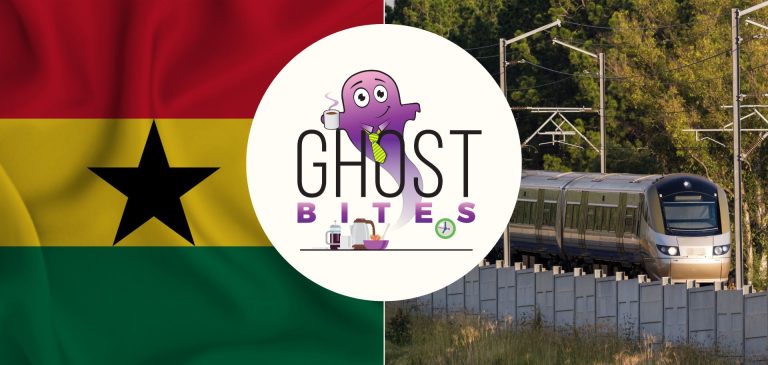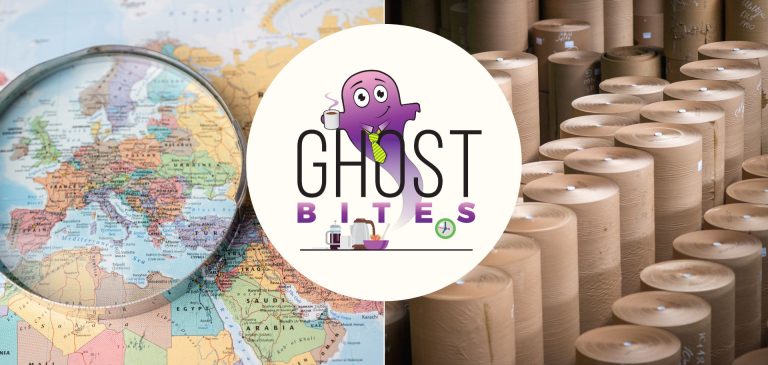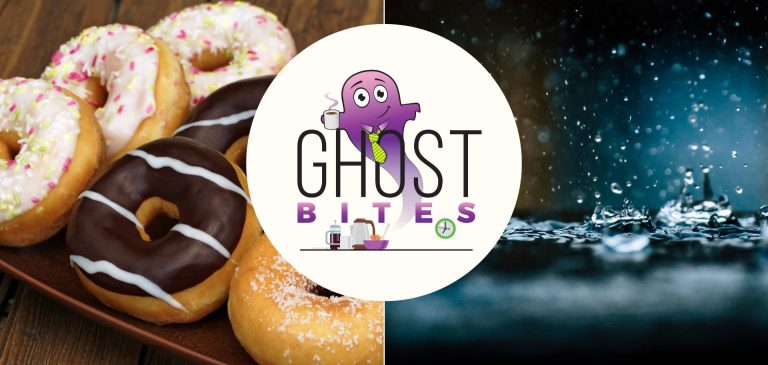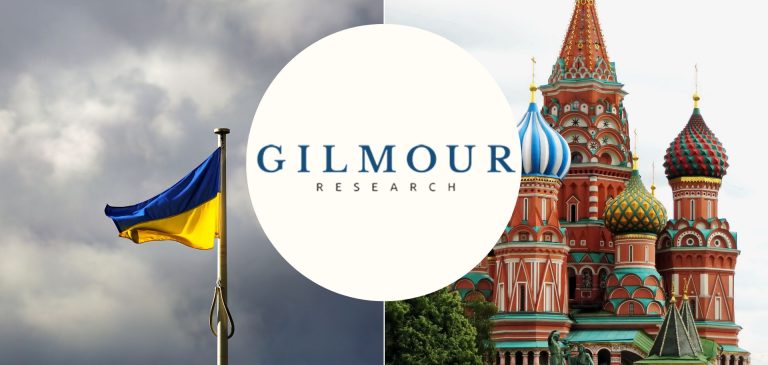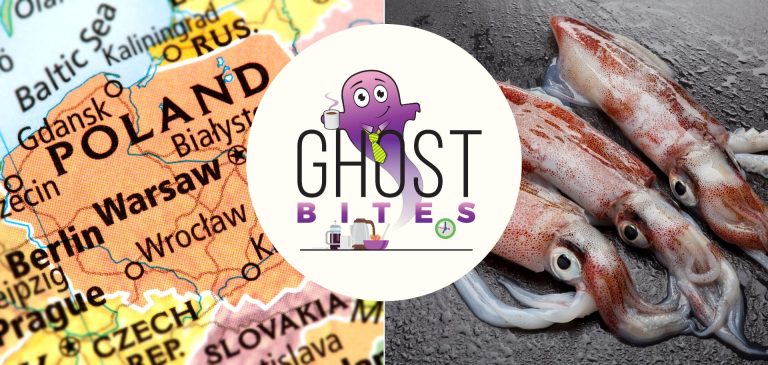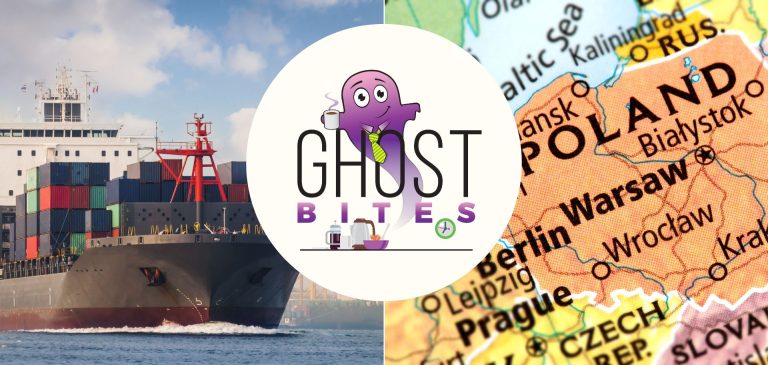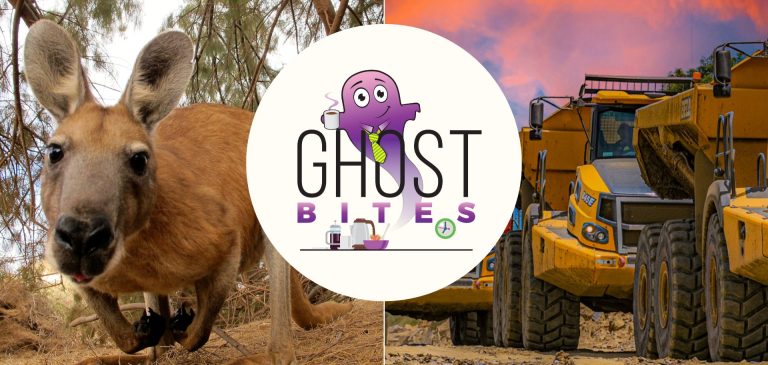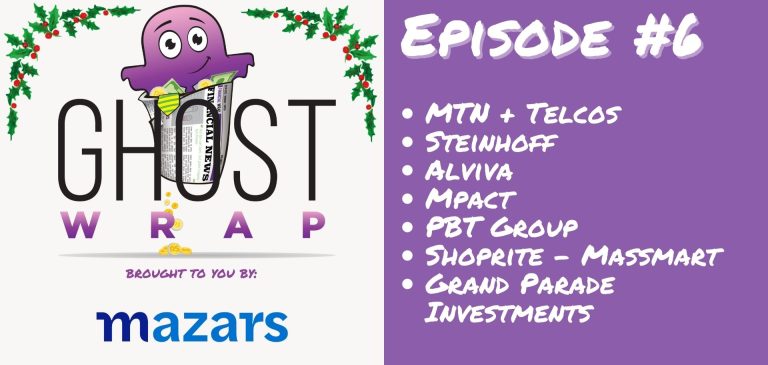AYO gets fined again
The share price fell over 20% in response to a JSE censure and fine
The JSE has investigated a number of transactions between 2017 and 2019 that it believes have breached JSE Listings Requirements. In particular, the aggregation of related party transactions is an issue here, as the rule is that transactions with the same party must be added up and treated as one deal. This is for the purposes of assessing whether they breach the threshold for a small related party deal.
When it comes to deals, the categorisation of deals (e.g. Category 1 / Category 2) is based on a calculation that expresses the deal as a percentage of the size of the company. For related party deals, the threshold is much smaller as shareholders need to know that the terms of deals with related parties are fair.
In relation to various transactions that the JSE is unhappy with, a fine of R1.5 million and a censure have been imposed on AYO Technology.
AYO is upset about this, as the JSE previously fined the company an amount of R6.5 million for similar contraventions of the JSE Listings Requirements. More importantly for the company, a reconsideration application had been underway before the Financial Services Tribunal (FST). The company is irritated that it wasn’t given a chance to respond to the FST ruling to dismiss AYO’s application before the JSE announced this censure.
Either way, they aren’t on each other’s Christmas card lists. The right way for AYO to avoid this issue would’ve been to comply with the JSE Listings Requirements in the first place.
BHP concludes a scheme implementation deed with OZ Minerals
A four-week due diligence period has led to the desired outcome
BHP Group has moved quickly here, with the non-binding indicative proposal announcement having been released on 18 November. Approximately one month later, the due diligence has been concluded and the offer price of A$28.25 per share for OZ Minerals has been confirmed.
This puts an enterprise value of A$9.6 billion on the company and represents a 59.8% premium to the 30-day VWAP leading up to 5 August, which was when BHP’s first proposal was made.
The OZ Minerals board has unanimously recommended that shareholders vote in favour of the scheme, in absence of a superior proposal. As we’ve seen in some recent deals (like Gold Fields – Yamana), one can never ignore the risk of a bigger offer coming through.
It’s going to take a while for the deal to go through, with a deadline to satisfy conditions precedent of 31 August 2023.
There’s a substantial break fee of A$95 million payable by either side if they walk away from the deal, so there’s some degree of commitment that the deal will happen. Again, a break fee wasn’t enough to save the Gold Fields deal!
MAS’ pre-close update for six months to December
The fund’s largest market (Romania) is still attractive
With Europe expected to enter a technical recession in the first half of 2023, Romania’s real GDP is still expected to grow next year. Average wages in the country are largely tracking inflation, which is supportive for retail assets in the region.
MAS also has exposure to Bulgaria and Poland, so this is another great example of a Central and Eastern European property fund right here on the JSE.
Much like NEPI Rockcastle (see below), MAS has enjoyed strong trading in these regions in the first five months of the 2023 financial year. With Covid restrictions having become a distant memory, the malls are packed and people are shopping. Interestingly, footfall has recovered to 2019 levels, which perhaps reflects the different reporting period in this update vs. NEPI below.
Tenant turnover is way ahead of pre-pandemic levels, up 19% vs. 2019. Open-air malls are running at 22% ahead of 2019 levels and enclosed malls at 16%, so perhaps some psychological impact of closed vs. open spaces during Covid has stuck.
With occupancies slightly higher at 96.4% vs. 96.3% in the comparable period, things are certainly looking up.
Disposals of remaining Western European assets are progressing well, which will leave MAS as being purely focused on the Central and Eastern Europe regions.
NEPI Rockcastle’s pre-close update for the year
The shopping centres have made a “complete recovery” from Covid
With record net operating income (NOI) and tenant sales above pre-pandemic levels, NEPI Rockcastle is happy to put the nightmares of Covid to bed. Despite the tail-end of restrictions still impacting the first quarter of this financial year, NOI is expected to be 8% higher than 2019 and 18% higher than 2021.
This is despite footfall still being lower than 2019 levels, with year-to-date footfall in October coming in 12% lower than 2019 on a like-for-like basis. Although one can deduce that this means a permanent change in shopping habits, the MAS update above makes me think that this is just a timing thing, as the NEPI update includes the months at the start of the year.
Having recently announced some significant investments in Eastern Europe, the estimated loan-to-value ratio after these transactions is 36.5%, which is a very manageable level. The company is targeting a reduction below the “strategic threshold” of 35% in the next 12 to 18 months.
Speaking of the balance sheet, the group takes full advantage of the ESG movement by issuing green bonds at attractive rates, like a €500 million bond at a fixed coupon of 2% that was three times oversubscribed. Leaving aside any feel-good reasons, a rate like that is exactly why NEPI Rockcastle can justify the creation of a dedicated ESG department.
An upgrade by Fitch from BBB to BBB+ certainly helps with capital raising efforts.
The other major initiative this year was to relocate the holding company from the Isle of Man to the Netherlands.
Premier Fishing plays its own version of Squid Game
A deal to invest R95 million in squid business Talhado Fishing is on the table
Premier Fishing already holds a 50.3% stake in Talhado Fishing Enterprises and this transaction will take that stake to 80.65%. The deal structure is that Premier will invest R95 million in Talhado and the company will then use that cash to repurchase shares from Scofish, which currently holds 30.35% in the company.
Talhado is the largest squid player in the South African fishing market, with 15 vessels in the group and a cold room facility that can store up to 800 tons of squid.
Premier Fishing notes benefits of the deal like cost synergies, enhanced B-BBEE credentials for Talhado and an extensive international sales network that Premier will also look to access.
Talhado’s financial performance will hopefully improve considerably to justify this value, as the net asset value of the company is R23 million and the loss after tax for the year ended August was R1.9 million. It’s really not obvious why the valuation of the company is so high.
Schroder gives us insight into European debt terms
The impact of a rising rates cycle is clear to see here
Schroder European Real Estate Investment Trust has completed the early refinancing of the largest debt expiry in 2023, a €14 million loan secured against the Hamburg and Stuttgart office investments.
VR Bank Westerwald offered the most competitive terms, with a 4.75 year term and a margin of 0.85% above the benchmark rate (the 5-year euro swap rate). The interest rate is fixed for the term based on that margin, coming in at 3.80% per year.
The weighted average interest rate for the group has increased by 60 basis points from 1.9% to 2.5%, a reminder of how the rising interest rate cycle hits property funds.
Discussions are underway regarding the two other debt expiries in the next 12 months.
Transnet: of flying insects and delayed trains
The good news for our infrastructure is that the company is profitable
In today’s example of how some companies just can’t get anything right, Transnet released reviewed consolidated financial results “for the six moths ended 30 September 2022” – butterflies sold separately, I presume.
The results are released on SENS because Transnet has listed debt instruments. The more important consideration is that Transnet’s financial health has a direct impact on our mining companies, as infrastructure can’t be improved without money.
Revenue for these six flying creatures increased by 2% and EBITDA fell by 2.5%. The group is at least profitable now, with a profit of R159 million vs. a loss of R78 million in the comparable period. Cash generated from operations was R11.9 billion and capital investment was R6 billion.
Transnet Freight Rail remains the issue, contributing 45% of revenue and leading to Transnet not meeting the cash interest cover ratio of 2.5x that is required by lenders. A ratio of only 2.1x was achieved, with lenders thankfully agreeing to waive this covenant.
There are major steps being taken to deal with bottlenecks in the rail business. As a country, we can only hope this works out.
Little Bites:
- Director dealings:
- Mike Flax, one of the founders of Spear REIT, has diversified his investment portfolio by selling shares worth R38.9 million – his first sale since co-founding the group and acting as CEO between 2016 and 2018
- The investment entity of directors of Ninety One has bought shares worth nearly £51k
- A director of Argent Industrial has sold shares worth R120k
- An associate of a director of Sea Harvest has acquired shares worth R66k
- Although the JSE has approved the Northam Platinum circular regarding the offer to Royal Bafokeng Platinum shareholders, the complaint made by Impala Platinum to the TRP has now led to a delay in the TRP approving the circular. There can be no sympathy here, as Northam has certainly done everything possible to scupper Impala’s efforts. This soap opera continues.
- In a major milestone for its exit from the Australian market, WBHO has entered into a settlement deed with Netflow Osars (Western) related to the performance guarantee obligations under the Western Roads Upgrade Contract.
- Ellies has renewed the cautionary announcement related to the various discussions that the group is having to try and diversify its operations.
- After a two year fixed term as Group Financial Director, Deon Federicks will retire from the board of Famous Brands from July 2023. Ms Nelisiwe Shiluvana will replace him, an internal appointment as part of the succession planning programme.
- Pembury Lifestyle Group is trying hard to get back on track, with rezoning initiatives underway for certain properties and plans in place to try and finalise the 2019 audit and of course the subsequent years as well. There’s still a long road ahead, though.



